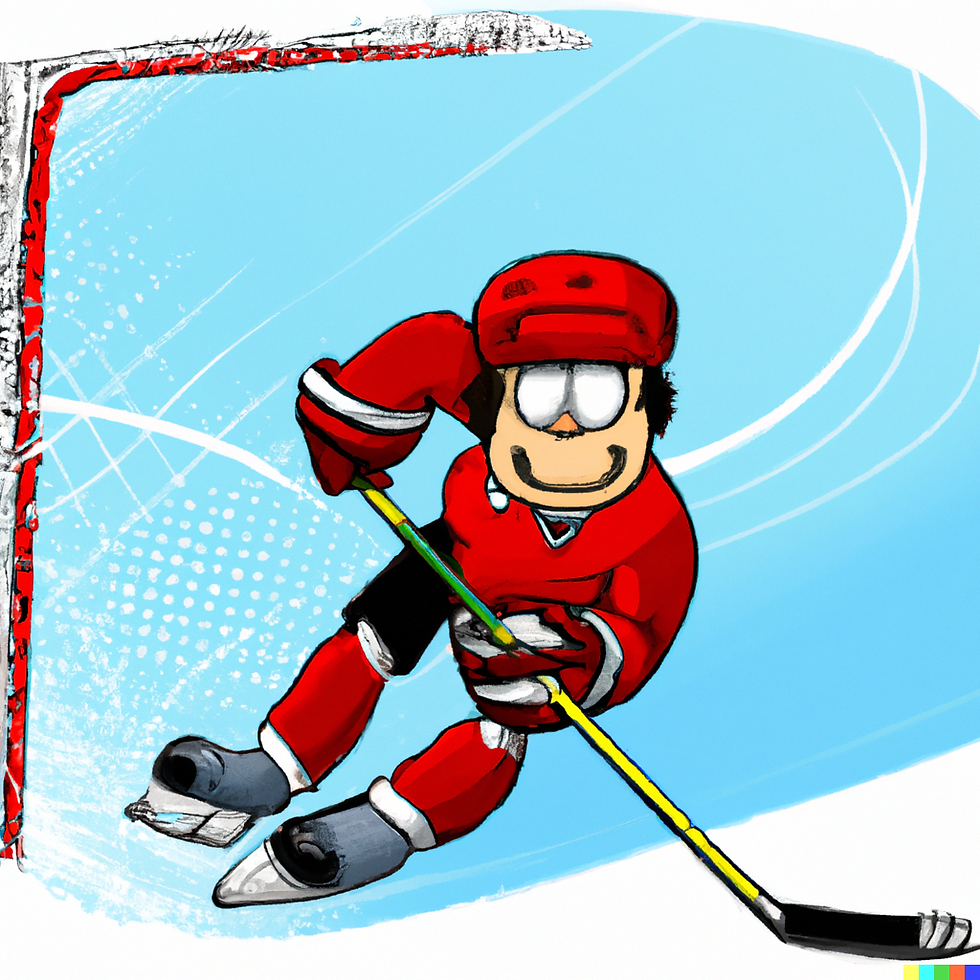From Good to Great: The Impact of Off-Season Training on Youth Hockey Players
- James Witmer
- Mar 27, 2023
- 2 min read
As the hockey season comes to an end, many young athletes start looking forward to a break from the ice. While rest and relaxation are important, the off-season presents a unique opportunity for players to focus on developing their skills and improving their game. In this article, we will explore the benefits of off-season training for youth hockey players and provide tips for maximizing their training during this crucial period.
Building a Strong Foundation
During the off-season, young hockey players have the time and opportunity to focus on building a strong foundation in their physical fitness, which will pay off during the regular season. By working on strength, conditioning, and flexibility, players can improve their overall athleticism and reduce the risk of injury when they return to the ice.
Skill Development and Refinement
Without the pressure of regular games and practices, off-season training allows players to focus on specific skills that need improvement. By dedicating time to hone their shooting, stickhandling, and skating techniques, players can return to the ice with a higher skill level and increased confidence.
Mental Preparation
The off-season is also an excellent time for players to develop their mental game. By setting goals, visualizing success, and practicing mindfulness techniques, young athletes can learn to manage stress, maintain focus, and develop mental toughness – all essential components of success in competitive hockey.
Team Building and Leadership
Off-season training provides an opportunity for players to bond with their teammates and develop leadership skills. Through team workouts, skill development sessions, and social activities, players can build camaraderie and learn the importance of working together to achieve success on the ice.
Rest and Recovery
While off-season training is essential for development, it is also important for young athletes to prioritize rest and recovery. The off-season allows players to take a break from the physical demands of hockey and recover from any nagging injuries. By giving their bodies time to heal and recharge, players can return to the ice refreshed and ready to compete.
Personal Growth and Time Management
Participating in off-season training can teach young athletes important life skills such as time management, discipline, and goal-setting. By learning to balance their personal lives with their commitment to hockey, players can develop a strong work ethic and a sense of responsibility that will serve them well on and off the ice.
Off-season training is a critical component of a young hockey player's development. By taking advantage of this time to work on their physical fitness, skill development, mental game, and team building, players can set themselves up for success in the upcoming season. Parents and coaches should encourage and support their young athletes in their off-season training endeavors, recognizing the long-term benefits it can bring to their overall development as hockey players and individuals.








